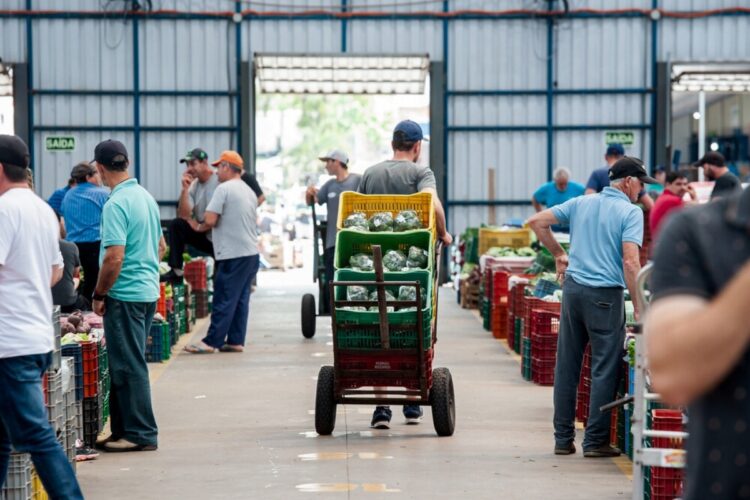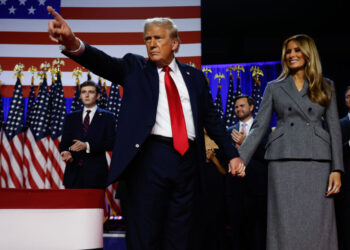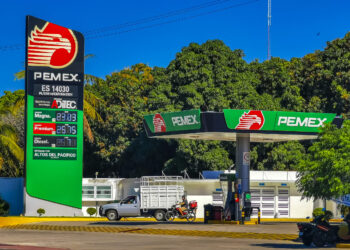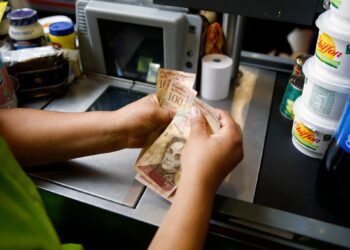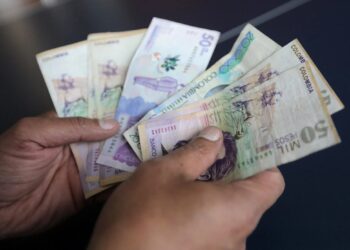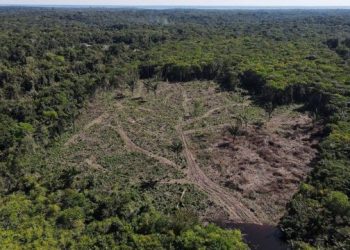Inflation in Brazil has surged in the month leading up to mid-October, driven largely by increasing electricity prices. According to the Brazilian Institute of Geography and Statistics (IBGE), consumer prices rose by 0.54% in this period, a significant jump from the 0.13% increase recorded in the previous month. This rise, as measured by the IPCA-15 index, exceeded economists’ expectations of a 0.50% increase, as reported in a poll conducted by Reuters.
Over the last 12 months to mid-October, inflation reached 4.47%, higher than the 4.12% seen in the previous period and above the forecast of 4.43% from economists surveyed by Reuters. A key contributor to this spike was the rise in residential electricity prices, which climbed by 5.29% over the month. The impact of elevated energy costs has been exacerbated by Brazil’s ongoing drought, further intensifying the upward pressure on inflation.
In addition to electricity, food prices also saw a notable increase, rising by 0.87% in October. This combination of rising food and energy costs has placed additional strain on households and has stirred concerns over future inflationary trends in Latin America’s largest economy.
The ongoing inflation surge is expected to influence the Banco Central do Brasil’s (BCB) monetary policy. Last month, the central bank’s rate-setting committee, known as Copom, raised interest rates by 25 basis points, marking the beginning of a new rate-hiking cycle. Further tightening of monetary policy is anticipated as inflationary pressures persist. Kimberley Sperrfechter, an emerging markets economist at Capital Economics, highlighted that with rising services inflation and unanchored inflation expectations, an acceleration in rate hikes from 25 to 50 basis points is becoming increasingly likely.
The sharp rise in electricity and food prices, alongside the central bank’s tightening stance, is expected to keep inflation under close watch in the coming months as Brazil grapples with broader economic challenges.
